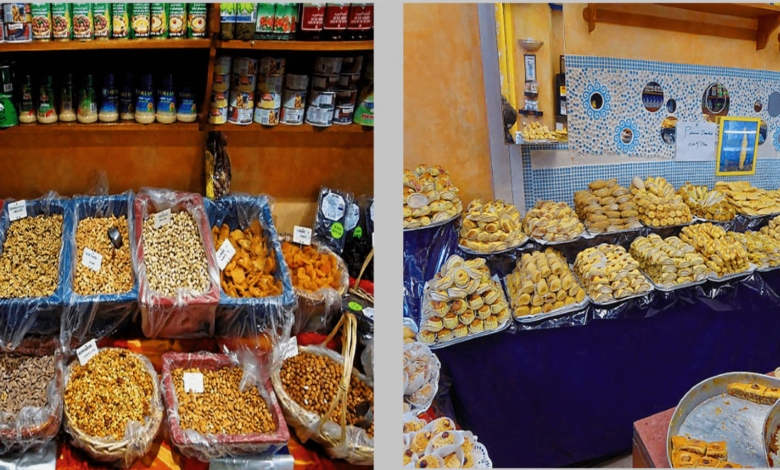Ramadan : a business that never slows down
Ramadan, a time of spirituality for Muslims, also holds significant economic importance in Africa. Bilkyss Mentari explores how this holy month impacts various sectors, from food and beverage to retail, tourism, entertainment, and the informal economy.

Ramadan, the ninth month of the Islamic calendar, is a period of piety, fasting, and reflection for Muslims worldwide. Beyond its religious aspects, Ramadan has a significant economic impact, especially in Africa, where a large part of the population practices Islam.
One of the most affected sectors during Ramadan in Africa is food and beverage. Muslims break their fast every evening at sunset with a meal called Iftar, followed by another meal early in the morning before sunrise, called Suhur. This tradition leads to a significant increase in food demand, especially for specific products like dates, fruits, fruit juices, meats, and pastries. Supermarkets, local markets, and street vendors see a boost in sales during this period.
Commerce, tourism and the informal economy
Ramadan is also a favorable period for retail businesses in Africa. Muslims use this month to make additional purchases, either to prepare for the fast-breaking meals or to buy gifts for their loved ones on the occasion of Eid al-Fitr, the festival marking the end of Ramadan. Stores selling clothing, jewelry, cosmetics, and gifts experience an increase in their turnover during this period.
In many African countries, Ramadan is also a period of high tourist activity. Muslim faithful often visit destinations known for their religious traditions and festive atmosphere during this sacred month. Cities like Dakar, Cairo, Marrakech, and Jeddah welcome a large number of visitors coming to celebrate Ramadan, stimulating the local tourism industry, including hotels, restaurants, travel agencies, and tourist attractions.
The entertainment industry also experiences high demand in Africa during Ramadan. Families often gather to watch special television shows, dramas, and movies broadcasted during this month. Radio stations also air special programs and contests to entertain listeners. Consequently, advertisers and media companies see an increase in their advertising revenues during this period.
Finally, Ramadan has a significant impact on the informal economy in Africa. Many small traders, street vendors, and artisans see their incomes rise during this month due to the sale of food products, clothing, decorations, and other items related to Ramadan festivities. This period provides an important opportunity for entrepreneurs and independent workers to generate additional income to support themselves and their families.







